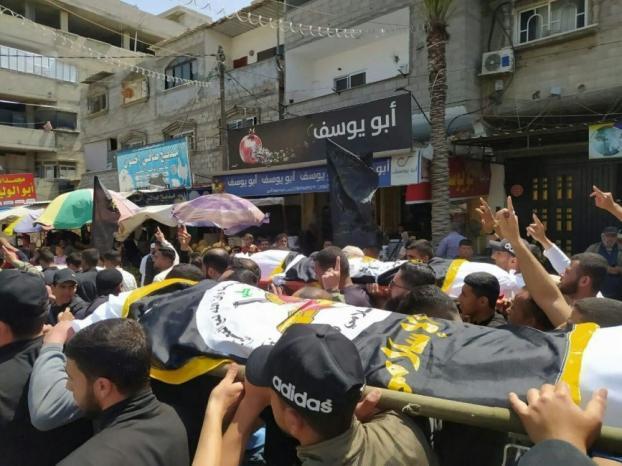- International News
- Web-2023-11-08 | 09:57 am

Nayrouz News Agency :
In a recent report released on Wednesday by the United Nations, a dire humanitarian crisis in northern Gaza has been brought to the forefront.
The report shed light on the severe challenges faced by the population in this region, primarily due to a shortage of essential resources, particularly fuel, water, and wheat flour. Furthermore, the report underscored the damage sustained by many bakeries in the area.
Published by the UN Office for Humanitarian Affairs, the report emphasized that despite ongoing efforts, food security partners have been unable to provide assistance in the northern Gaza region over the past week. This situation exacerbates the already precarious living conditions of the population.
The crisis is compounded by Israeli airstrikes in close proximity to hospitals in Gaza, which serve as shelters for tens of thousands of internally displaced people, with access to only the most basic of services. The constant threat to these medical facilities further strains an already fragile situation.
The report also highlighted the overcrowding in shelters located in the southern part of the territory, which are currently unable to accommodate the influx of new arrivals. In one particularly alarming case, approximately 600 displaced individuals are forced to share a single toilet, illustrating the dire conditions faced by those seeking refuge in these shelters.
Meanwhile, the UN has raised concerns over the inadequacy of daily humanitarian aid entering Gaza from Egypt. These supplies meet only a fraction of the people's essential needs. Drinking water, for instance, covers a mere 4% of the population, while the supply of desperately needed fuel remains prohibited.
Moreover, the Gaza Strip has endured a complete electricity blackout since October 11th, following Israel's halt of electricity and fuel supplies. This move has resulted in the closure of Gaza's only power generation station, plunging the region into darkness.
The Israeli authorities continue to enforce restrictions on the entry of fuel into the region, despite the urgent need for it to power life-saving equipment. This ongoing issue, as highlighted in the UN report, underscores the gravity of the humanitarian crisis in Gaza, which demands immediate attention and action from the international community.













